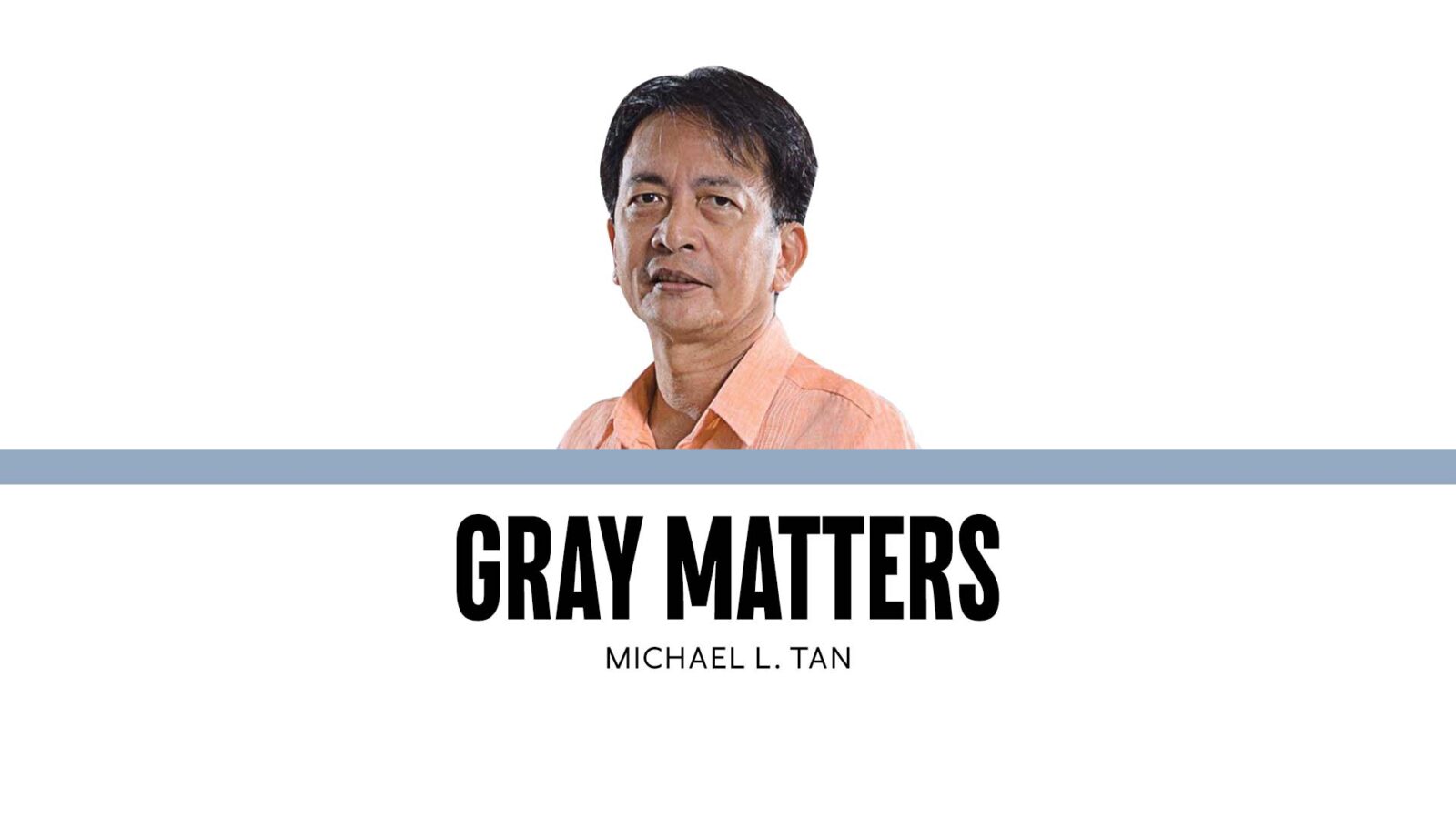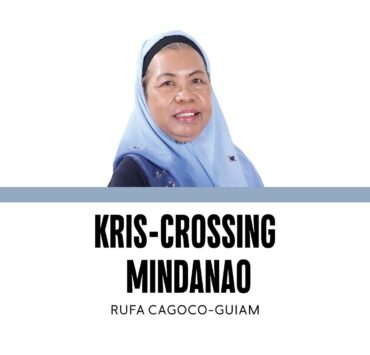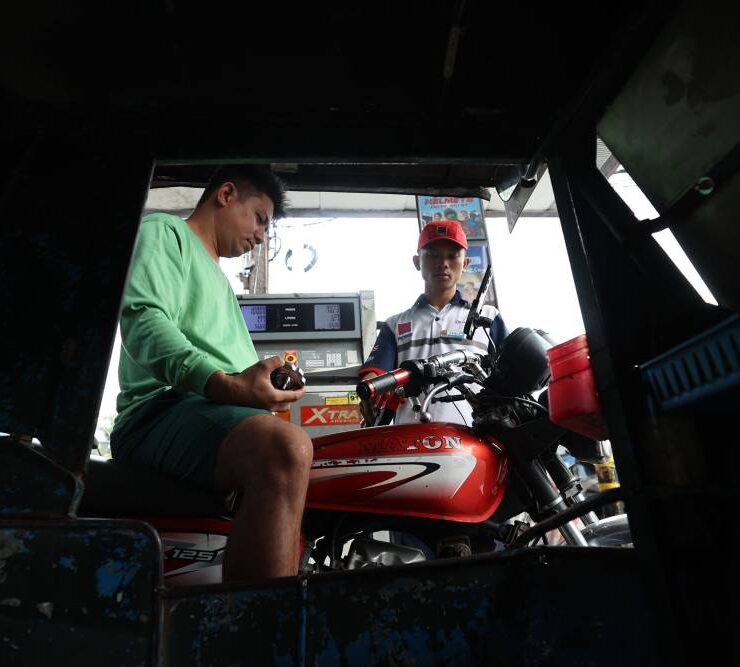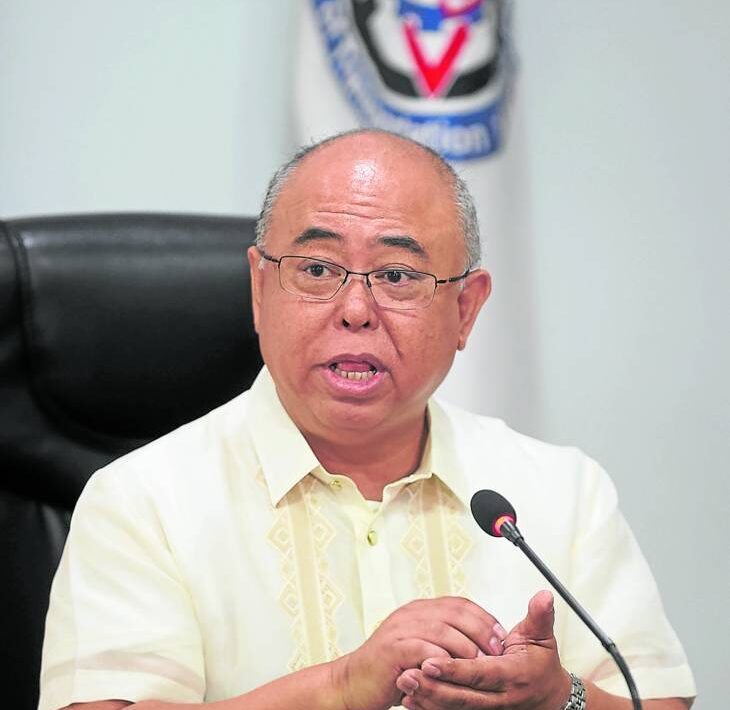Gen Z fever

In many countries, including the Philippines, there’s a tendency for older people to complain that younger fellow citizens are apathetic, apolitical, even amorous, sometimes reduced to a brutal indictment of “just don’t care.”
The “don’t care” attitude is especially used to refer to Gen Z, a demographic category that refers to people born roughly between 1997 to 2012.
There’s a tendency to want to peg exact years, which defeats the purpose of creating these categories, which are supposed to emphasize social, economic, and cultural circumstances that shape the way people think and behave. Gen Z, for example, is meant to refer to “digital natives,” a generation born with the rise of the internet and social media, and who “inhabit” virtual worlds, which are then linked to the rise of digital technologies (computers, smartphones, the internet, etc.). Depending on their technologies, different countries have different dates for the rise of “digital natives.”
Digital natives also vary in how embedded they are in the digital world: some are tied mainly to gaming, others to programming, and still others to digital arts. But all are engrossed in their digital worlds, seemingly detached from the “real” world.
Recent years, especially the last two years or so, show a Gen Z that is actually quite socially engaged. We see that in our corner of the world, as shown by the ferment in several countries, with mainly Gen Z people pouring out into the streets. Their causes are, however, different from those of the 1970s but remain strongly politicized. The New York Times just featured, this week, a video, accompanied by an article, about the ferment in Nepal (an “accidental” revolution triggered by a government ban on social media), Indonesia, and as far as Madagascar and Kenya. Yes, the Philippines is mentioned, with ample coverage of corruption in infrastructure projects, especially for flood control.
The video is interesting in showing similarities (corruption and economic hardship stand out, together with loose organic leadership and even a shared “mascot” of sorts, the Jolly Roger flag taken from a Japanese anime character). In case you missed him, he resembles a pirate. I could not find any article explaining how he came to be so favored by Gen Z activists.
The Gen Z youth are ardent in their causes, including those injured and killed in the demonstrations and rallies. They’re enraged activists; in Indonesia, they burned down the home of a finance secretary. In Bangladesh last year, some 1,400 activists (old and young) were killed in rallies, with Al Jazeera releasing a tape of the former Prime Minister Sheikh Hasina, admitting to having ordered troops to use lethal weapons on students. Hasina, who had ruled Bangladesh for 15 years, fled to India in August 2024, and a new democratic government headed by a gentle economist with a young Cabinet has been installed.
In most of these movements, governments have not necessarily been toppled, the Philippines cited as an example, but the journalists covering Gen Z activism agree that incumbent government leaders are getting nervous as they watch events unfold. That includes Indonesia’s powerful President Prabowo Subianto, a retired four-star general who served for many years under the dictator Suharto. (Many Indonesians use only one name.) Prabowo was once banned from the United States for alleged human rights abuses.
I sense some nervousness, too, in the Philippines as people whisper about a restless military, but I wouldn’t pin too much hope on reformist soldiers bringing about change for peace and justice.
Looking at the Philippines, I sense more diversity among activists, who now come from different age groups, including surviving militants from the ’60s and ’70s (including the First Quarter Storm of 1970). A comforting, continuing presence going back to the 1970s has been from among the religious, the old, and the young.
The causes are also more varied, including environmental issues, gender, and, as mentioned earlier, corruption. Human rights have remained at the top of activist agendas in the Philippines, especially because of former President Rodrigo Duterte’s bloody war on drugs.
Political activism tends to be described almost like a contagious illness moving from one country to another. From December 2010 to December 2012, there was the Arab Spring, with democracy movements spreading from Tunisia and Egypt to Yemen, Sudan, Libya, and Syria. The unrest in Syria exploded into a civil war, and the bloody Assad regime survived 20 years before it was finally toppled last year.
Will Gen Z keep its youthful idealism long enough to bring about meaningful and sustainable change … and resist the temptation to follow the corruption and ineptitude of their elders?
The image of the apathetic Gen X.
—————-
michael.tan@inquirer.net




















